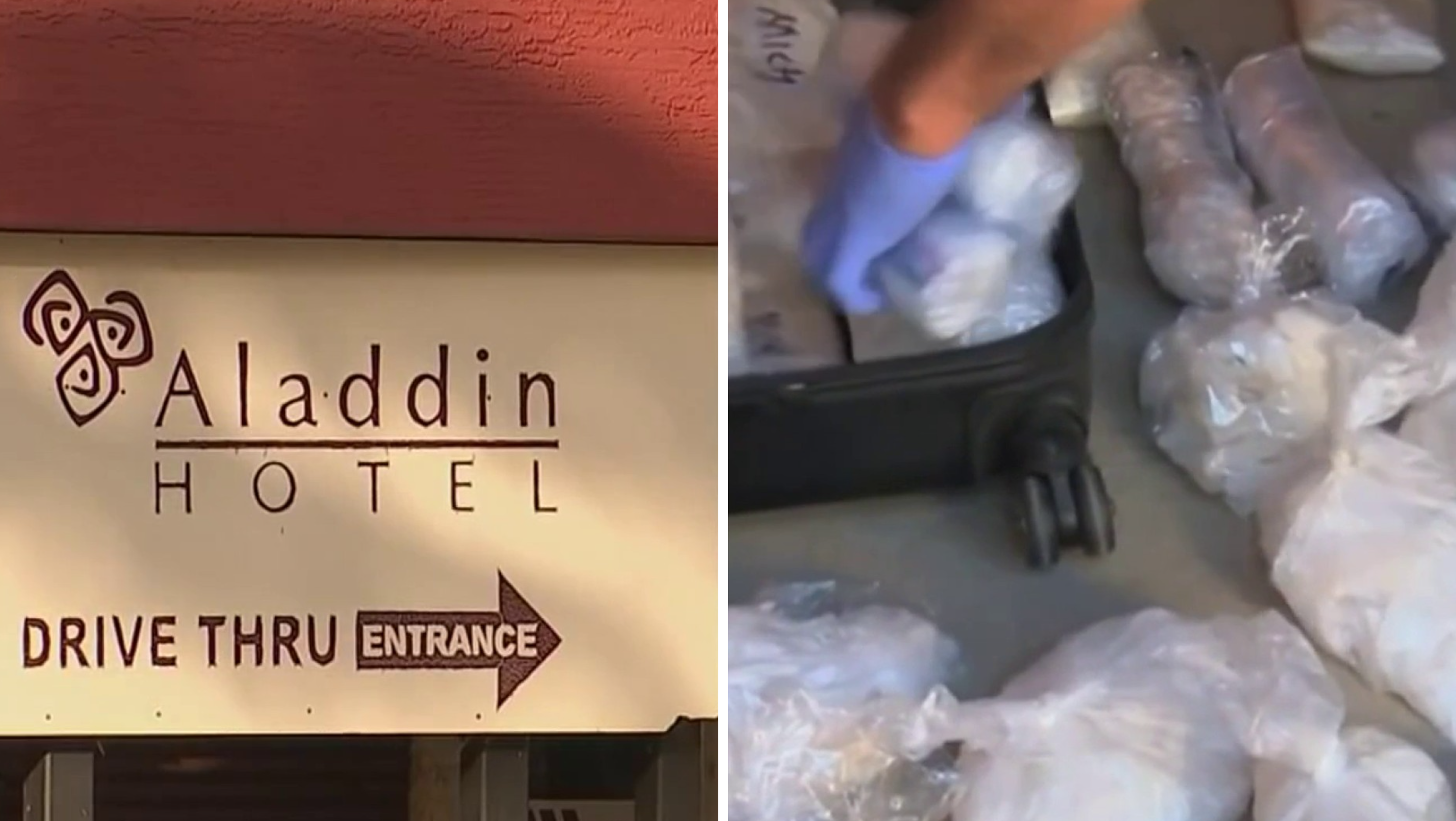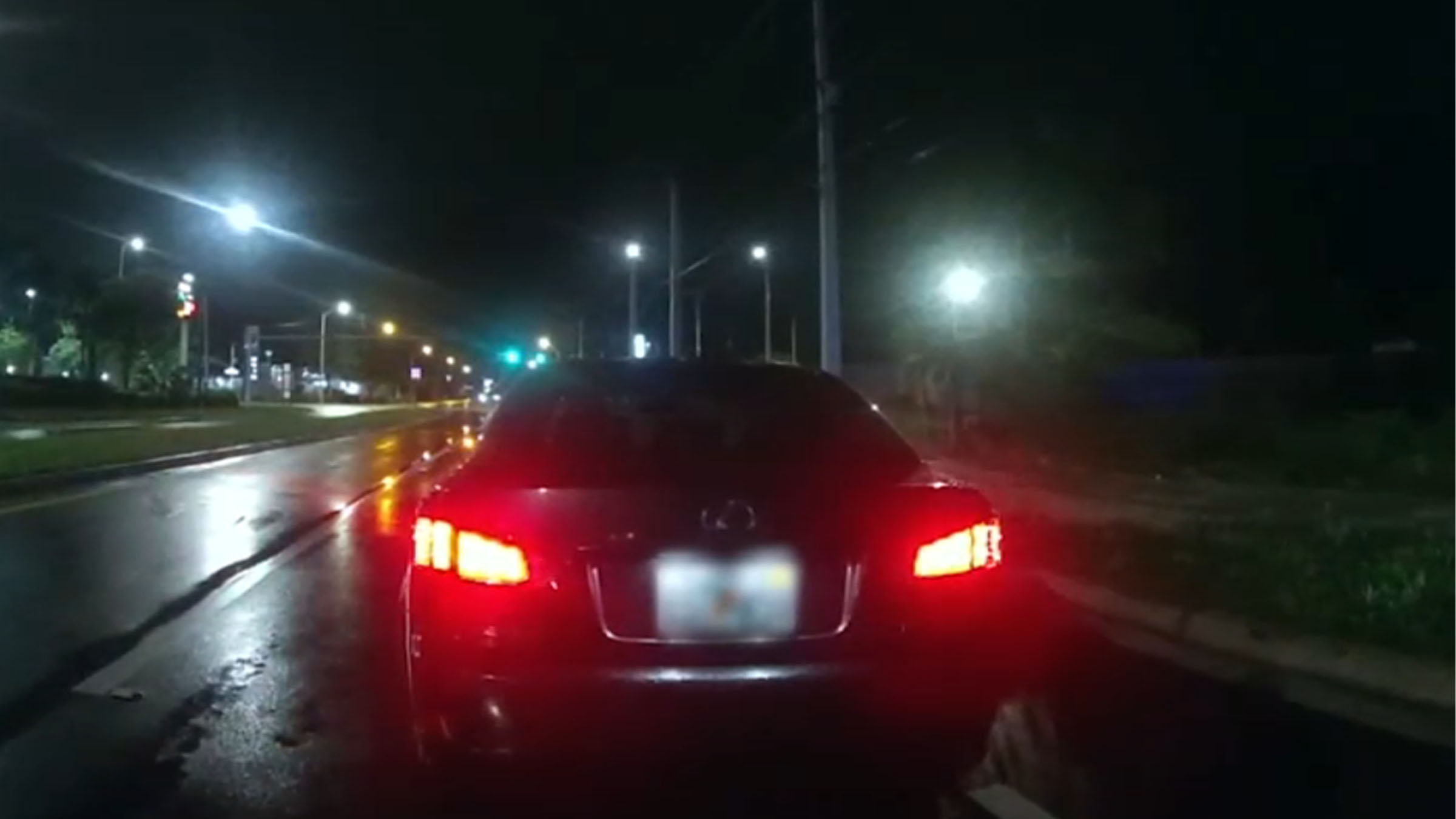Grace Soltau, who lives in Miami-Dade County, knows how important sleep is.
“When I go to sleep, I sleep. When my head hits that pillow, I'm gone,” Soltau said.
She is not alone.
“I sleep like a baby. I sleep eight, nine hours every day,” Anonio De Nosa said.
Get South Florida local news, weather forecasts and entertainment stories to your inbox. Sign up for NBC South Florida newsletters.
But in a city like Miami, known for late nights and loud noises, getting enough sleep is not always easy.
The Centers for Disease Control and Prevention measures sleep quality using data from the U.S. Census by counting how many people in an area report getting seven hours of sleep or more.
NBC 6 Investigators analyzed the most recent data from the CDC and found the specific neighborhood where you live plays a big role in how much people sleep.
Investigations
The NBC 6 Investigators get results
The top five zip codes with the best sleep are wealthier coastal areas in Miami-Dade.
Almost 70% of people living in Key Biscayne reported getting seven hours of sleep or more. That’s the same case around Deering Bay, Fisher Island, Surfside, Indian Creek and Aventura.
But it’s a completely different world across town in areas with lower incomes like Lauderhill, Miami Gardens, Opa-locka, Liberty City and Little Haiti. Just about half of the people living in these areas reported getting enough sleep.
The worst sleep in South Florida was reported around Dillard High School, with less than half of people living in that zip code getting seven hours of sleep or more.
“You sleep a little sounder at night knowing everyone is taken care of, including yourself, your family, your kids,” said Justin Rueda who lives in Hialeah.
He and other residents NBC 6 spoke to list finances, family problems and current events as reasons to keep people up at night.
“I think people are worried about too many things happening now,” De Nosa said.
“When you don’t have enough to take care of your bill, take care of your family. People are losing their homes. Can you imagine?” Soltau added.
Dr. Azizi Seixas is the Associate Director of the University of Miami’s Center for Translational Sleep and Circadian Science.
“It means that we have a lot of work to do,” Dr. Seixas said when asked about the areas where people are not getting enough sleep. “These individuals who get poorer sleep are less likely to perform well at their jobs, in schools, not just as an adult issue, also from kids.”
He says the areas reporting fewer hours of sleep have more environmental stressors like noise, crime and poverty.
Not getting enough sleep can lead to a long list of health complications including high blood pressure, diabetes, heart disease, obesity and brain health issues like Alzheimer's disease.
Dr. Seixas says lack of sleep becomes a main driver for health disparities hitting low-income, Black and Latino areas harder.
“They’re typically shift workers, they have nontraditional work schedules and therefore they are less likely. They don’t have the opportunity to sleep seven to nine hours like their white counterparts,” Dr. Seixas said.
But more striking info he noticed is that four out of ten people across South Florida report not getting enough sleep.
“South Florida’s sleep profile is far worse than other areas in the United States,” he said. “We are all not getting sufficient sleep.”



